For culinary professionals, selecting the right cookware is essential. A common dilemma they face is whether a pan that's too heavy for everyday baking is more beneficial or burdensome. This article explores the effects of using heavy pans, their benefits, and potential drawbacks in daily baking routines.
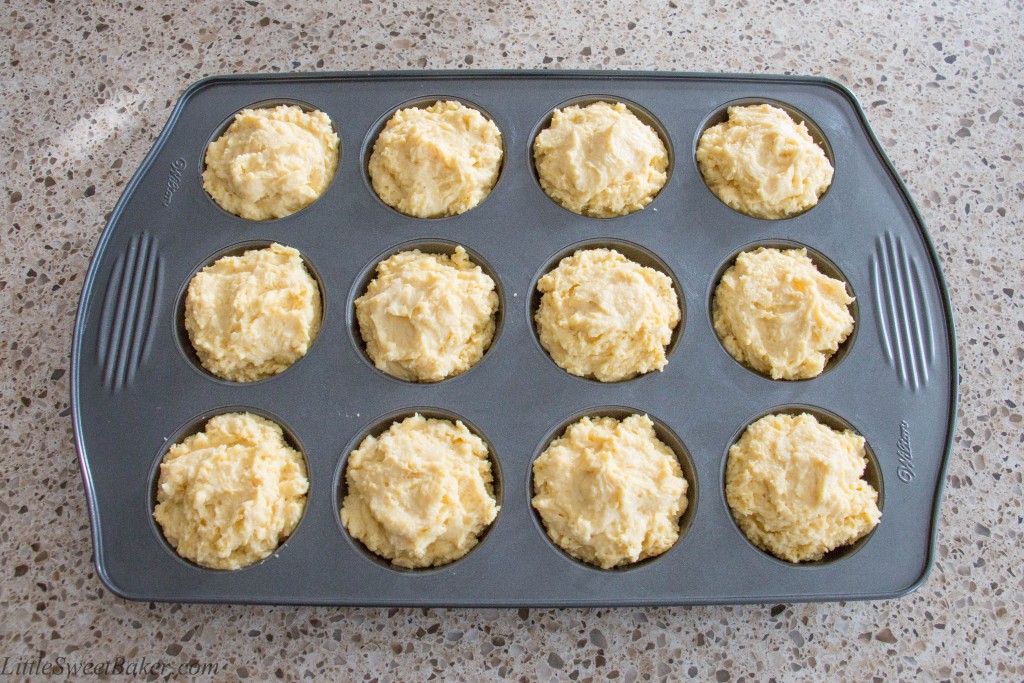
Understanding the Impact of Pan Weight on Baking
The weight of a pan can greatly affect the baking process, particularly in fast-paced kitchen settings. A heavy pan can provide stability and ensure uniform heat distribution, which is vital for consistent outcomes. But the question arises: does a pan too heavy for everyday baking present more challenges than advantages?
Benefits of Heavy Pans
Heavy pans are often lauded for their sturdiness and heat retention capabilities. This stability is especially advantageous when baking items such as breads or pastries, where uniform heat is crucial. Moreover, heavy pans are less likely to warp under high temperatures, a common issue associated with lighter alternatives.
For professional bakers, working with a heavy pan can instill a sense of control and assurance during the baking process. The durability to endure frequent use without showing wear and tear is another significant benefit, particularly in high-intensity environments like professional kitchens.
Challenges of Using Heavy Pans
Although heavy pans have many advantages, they also present some challenges. The primary concern is the physical strain they can impose. For regular bakers, lifting and maneuvering a heavy pan can lead to fatigue or potential injury over time. This issue becomes particularly relevant in high-volume baking scenarios where speed and efficiency are paramount.
Additionally, heavy pans may not be suited for all baking tasks. Delicate creations such as souffls or sponge cakes may require a lighter touch that a heavy pan cannot offer. With prolonged heat retention, the risk of overbaking or uneven baking results can also arise when removing the pan from the oven.
Choosing the Right Pan for Your Kitchen
Determining whether a pan too heavy for everyday baking is suitable for your kitchen revolves around multiple factors, including the types of recipes you commonly prepare and your strength and comfort level. If you frequently bake dense items like bread or casseroles, a heavy pan could be ideal. However, if your baking repertoire includes many delicate pastries, a lighter option might be more appropriate.
In a professional kitchen setting where demands can vary significantly, having an assortment of pans can provide the necessary flexibility to meet various baking challenges. It's also beneficial to consider professional insights, similar to those found in [this article](https://culinacooks.com/blogs/blog/new-vs-vintage-cast-iron-muffin-pans) on selecting the right pan.
Maximizing Baking Efficiency
If you choose to work with a heavy pan, optimizing your baking setup is crucial. This can involve creating an ergonomically friendly workspace to minimize strain and utilizing tools like pan lifters or specialized oven mitts designed for heavier items.
Understanding effective usage of your pan can also enhance your baking experience. For instance, preheating your pan can lead to a more even bake, while precise timing can help prevent overbaking because of residual heat.
Expert Suggestions and Advice
Professional chefs frequently emphasize the importance of evaluating your unique needs and preferences when selecting cookware. Exploring expert opinions and reviews can provide valuable insights into the best options for your kitchen layout. For further reading on how various pans influence baking results, visit [Self](https://www.self.com/gallery/muffin-tin-dinners) for additional guidance.
When unsure, consulting with colleagues or experimenting with a variety of pans can help you find the perfect equilibrium between weight and functionality. Also, check out these recommendations: [Re-seasoning Vintage Pans](https://culinacooks.com/blogs/blog/re-seasoning-vintage-cast-iron-muffin-pans) and [Eco-Friendly Options](https://culinacooks.com/blogs/blog/eco-friendly-cast-iron-muffin-pans) for further insights.
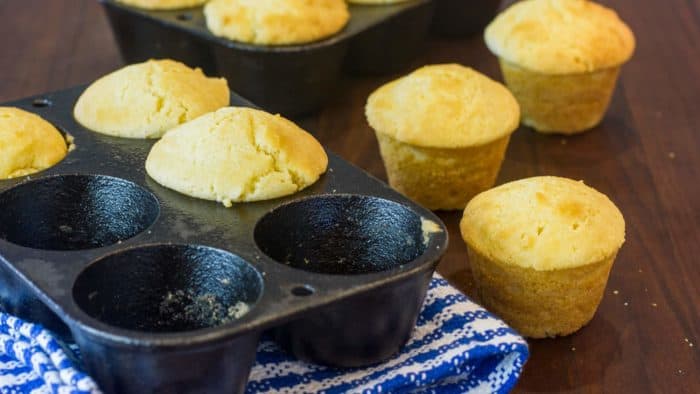
Frequently Asked Questions
Do heavy pans cook food more evenly?
Indeed, heavy pans are often favored for their ability to distribute heat uniformly, leading to more consistent cooking and baking results.
Are heavy pans suitable for all types of baking?
No, while heavy pans excel at certain tasks like bread-making, they may not be the best choice for delicate items requiring careful heat management.
How can I make handling heavy pans easier?
To facilitate handling heavy pans, consider using tools like pan lifters, ergonomic mitts, and arranging your kitchen to minimize strain during use.
In summary, while a pan too heavy for everyday baking presents certain obstacles, it also brings unique benefits that can enhance the baking process. By understanding these factors, culinary professionals can make informed decisions tailored to their cooking needs.
This article contains affiliate links. We may earn a commission at no extra cost to you.

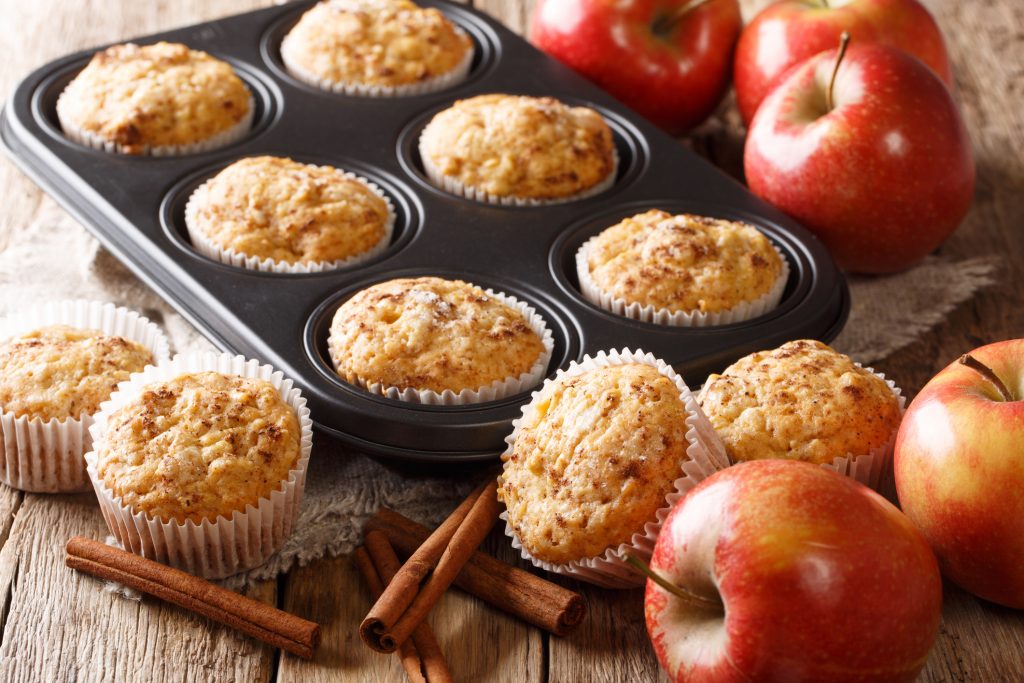


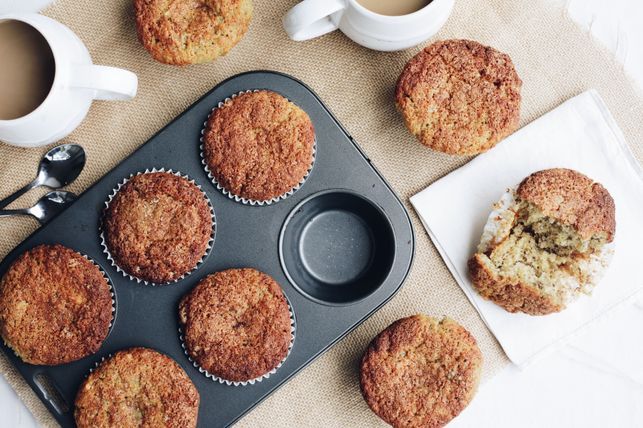
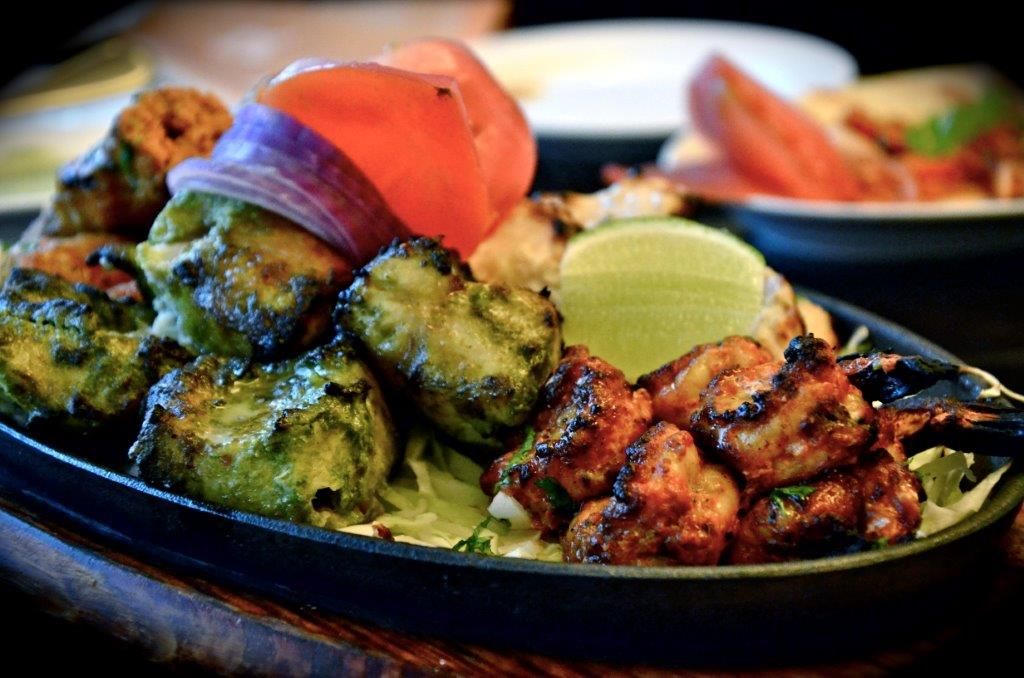
Leave a comment
This site is protected by hCaptcha and the hCaptcha Privacy Policy and Terms of Service apply.